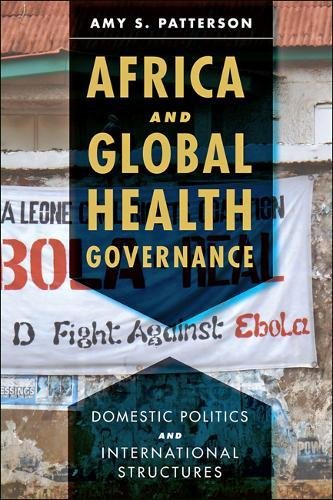

Most ebook files are in PDF format, so you can easily read them using various software such as Foxit Reader or directly on the Google Chrome browser.
Some ebook files are released by publishers in other formats such as .awz, .mobi, .epub, .fb2, etc. You may need to install specific software to read these formats on mobile/PC, such as Calibre.
Please read the tutorial at this link. https://ebooknice.com/page/post?id=faq
We offer FREE conversion to the popular formats you request; however, this may take some time. Therefore, right after payment, please email us, and we will try to provide the service as quickly as possible.
For some exceptional file formats or broken links (if any), please refrain from opening any disputes. Instead, email us first, and we will try to assist within a maximum of 6 hours.
EbookNice Team

Status:
Available0.0
0 reviewsGlobal health campaigns, development aid programs, and disaster relief groups have been criticized for falling into colonialist patterns, running roughshod over the local structure and authority of the countries in which they work. Far from powerless, however, African states play complex roles in health policy design and implementation. In Africa and Global Health Governance, Amy S. Patterson focuses on AIDS, the 2014–2015 Ebola outbreak, and noncommunicable diseases to demonstrate why and how African states accept, challenge, or remain ambivalent toward global health policies, structures, and norms.
Employing in-depth analysis of media reports and global health data, Patterson also relies on interviews and focus-group discussions to give voice to the various agents operating within African health care systems, including donor representatives, state officials, NGOs, community-based groups, health activists, and patients. Showing the variety within broader patterns, this clearly written book demonstrates that Africa's role in global health governance is dynamic and not without agency. Patterson shows how, for example, African leaders engage with international groups, attempting to maintain their own leadership while securing the aid their people need. Her findings will benefit health and development practitioners, scholars, and students of global health governance and African politics.